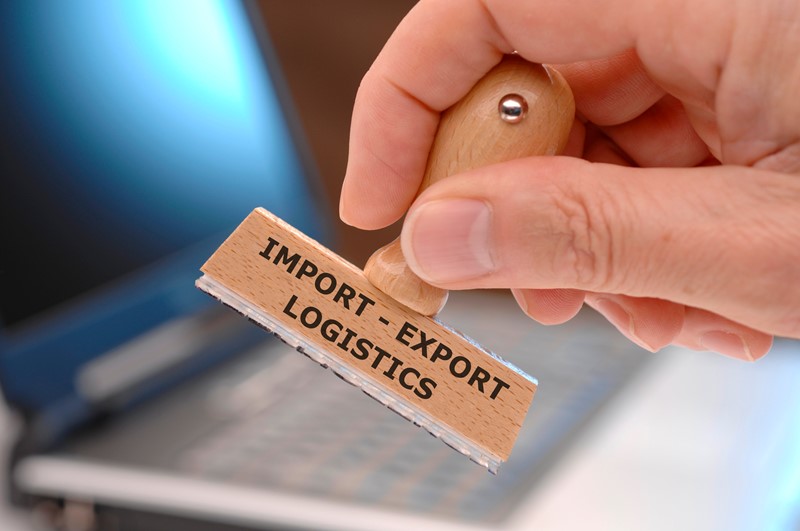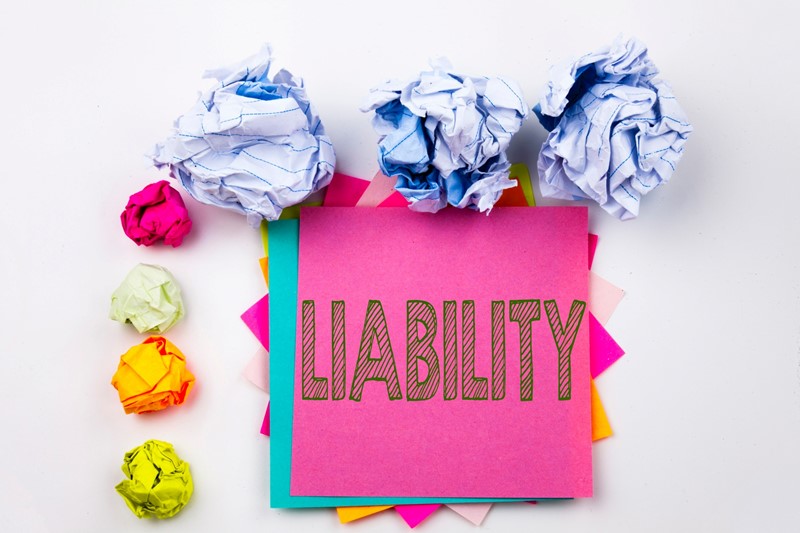HMRC is currently sending the annual tax credit renewal packs to the 730,000 tax credit claimants and is encouraging recipients to renew their tax credits claim online. HMRC started writing to taxpayers on 2 May and expects all packs to be with recipients by the 19 June 2024.
Renewal packs with a black stripe across the front page are automatically renewed. However, taxpayers must inform HMRC of any changes in circumstances that are not reported during the year, such as new working hours, different childcare costs or changes in pay.
A renewal is required if the pack has a red stripe across the first page and it says, 'reply now'. Families and individuals that receive tax credits should ensure that they renew their tax credit claims by 31 July 2024. Claimants who do not renew on-time may have their payments stopped. Around 10,000 taxpayers are expected to receive the packs with a red stripe and can renew their tax credits via GOV.UK or by using HMRC’s app.
Universal Credit is expected to fully replace tax credits and other legacy benefits (including Income-Related Employment and Support Allowance, Income-Based Jobseeker’s Allowance) by 5 April 2025. This means that claimants who receive tax credits will receive a letter from the Department for Work and Pensions (DWP) or the Department for Communities if they live in Northern Ireland telling them about the move to Universal Credit. This letter is called a Migration Notice and taxpayers are urged not to ignore it.









